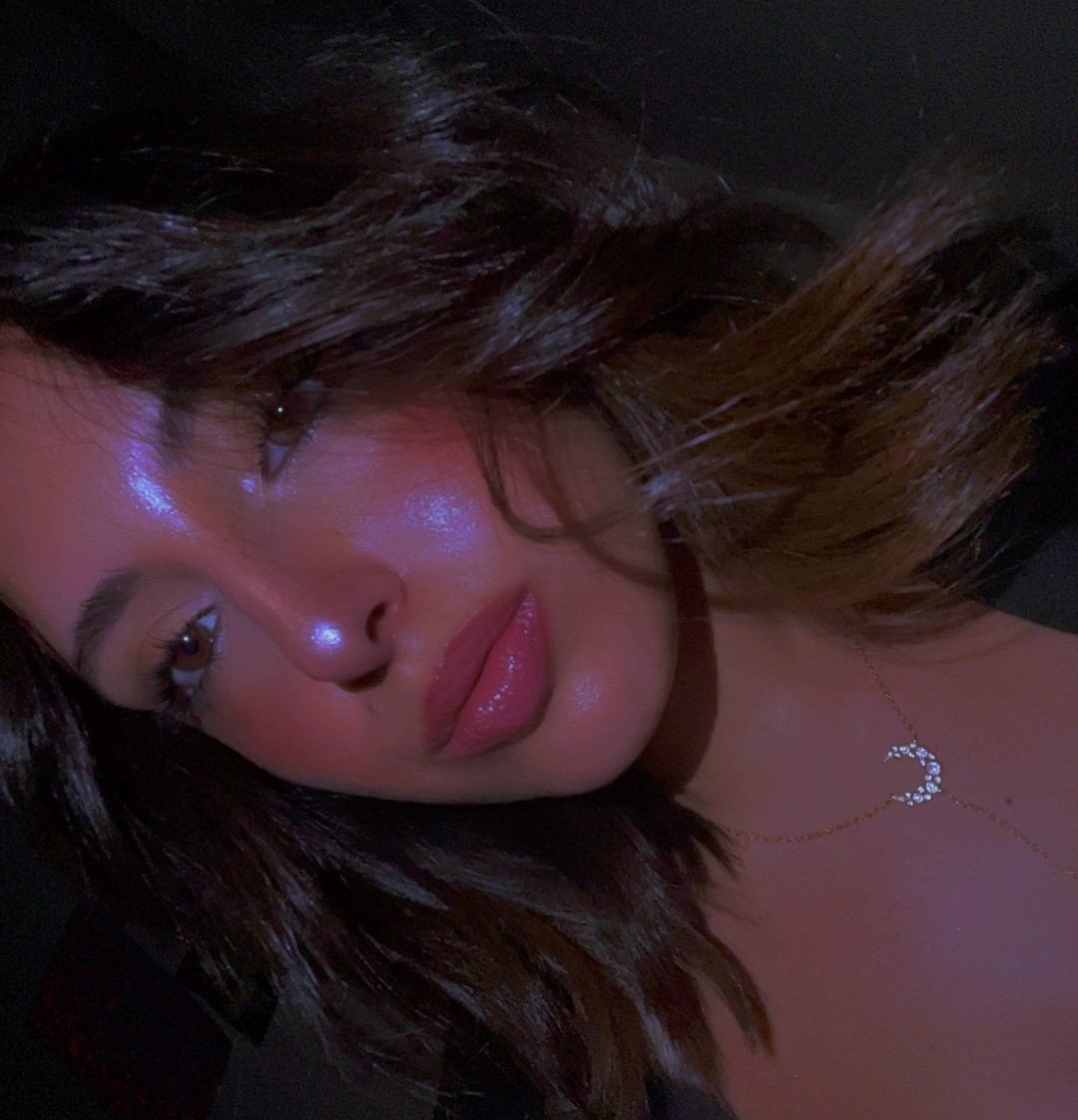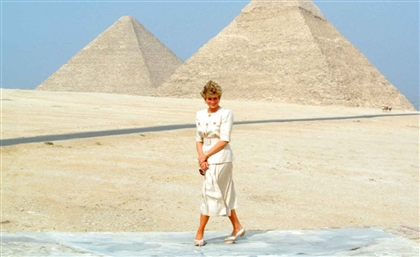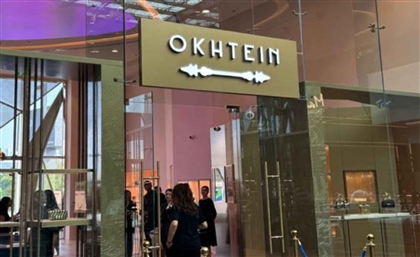Egypt’s Daar Dahlia: Sustainability Woven into Fashion’s Fabric
Blind consumption has created rifts in the fashion industry, but Egypt’s Daar Dahlia is picking up the scraps.
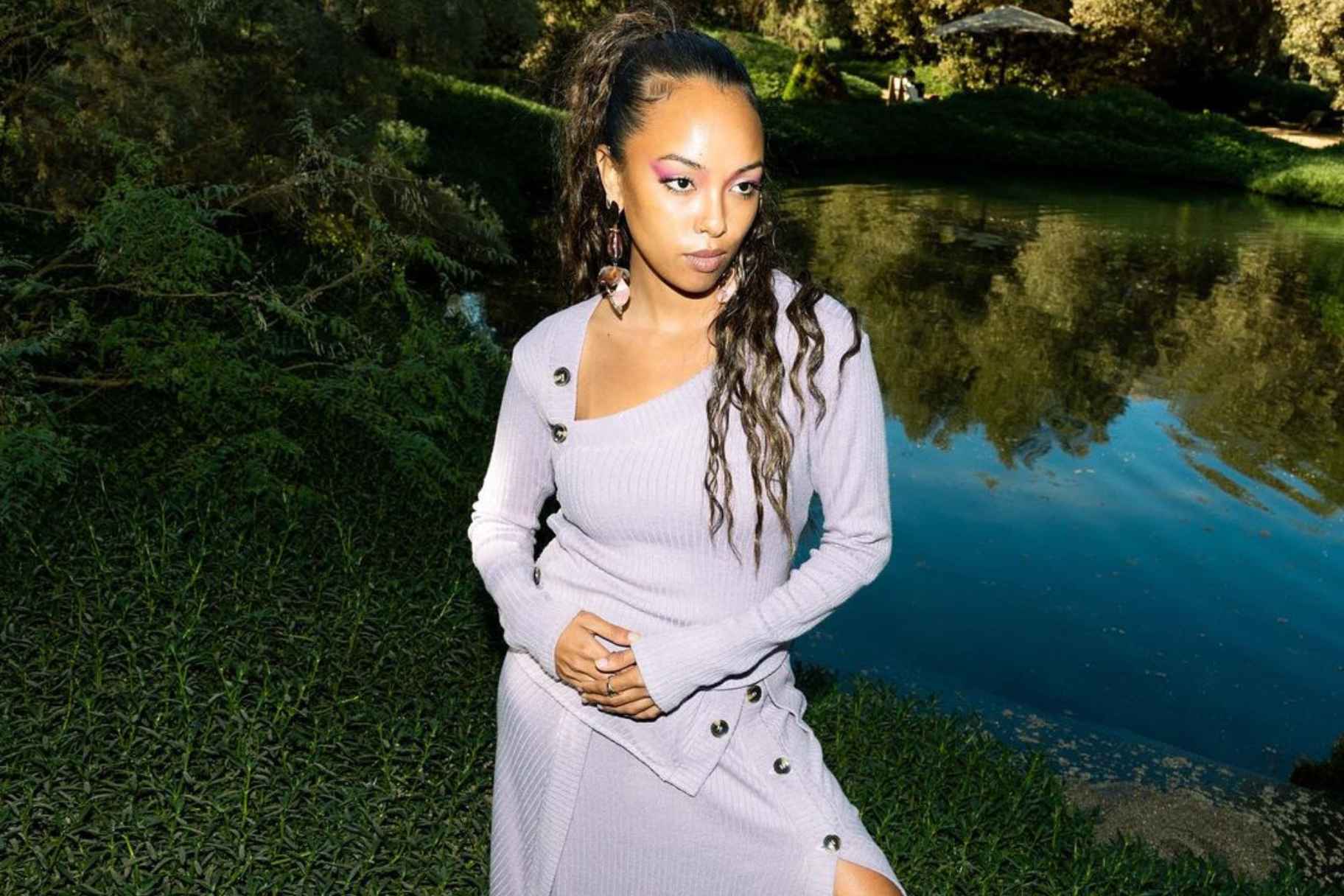
Dahlia Meshrif, the Egyptian designer behind Daar Dahlia, had a straightforward dream for her brand: for every design to endure. As a sustainable ready-to-wear label, Daar Dahlia is committed to more than just the fleeting appeal of eco-friendly fashion; sustainability is the core of their mission, intricately woven into every piece they create.
“Our commitment extends beyond the initial purchase,” Meshrif explains. “If a customer no longer wants a garment, they can bring it back to us. We will up-cycle it and offer them a discount towards a new piece, encouraging continuous up-cycling.”
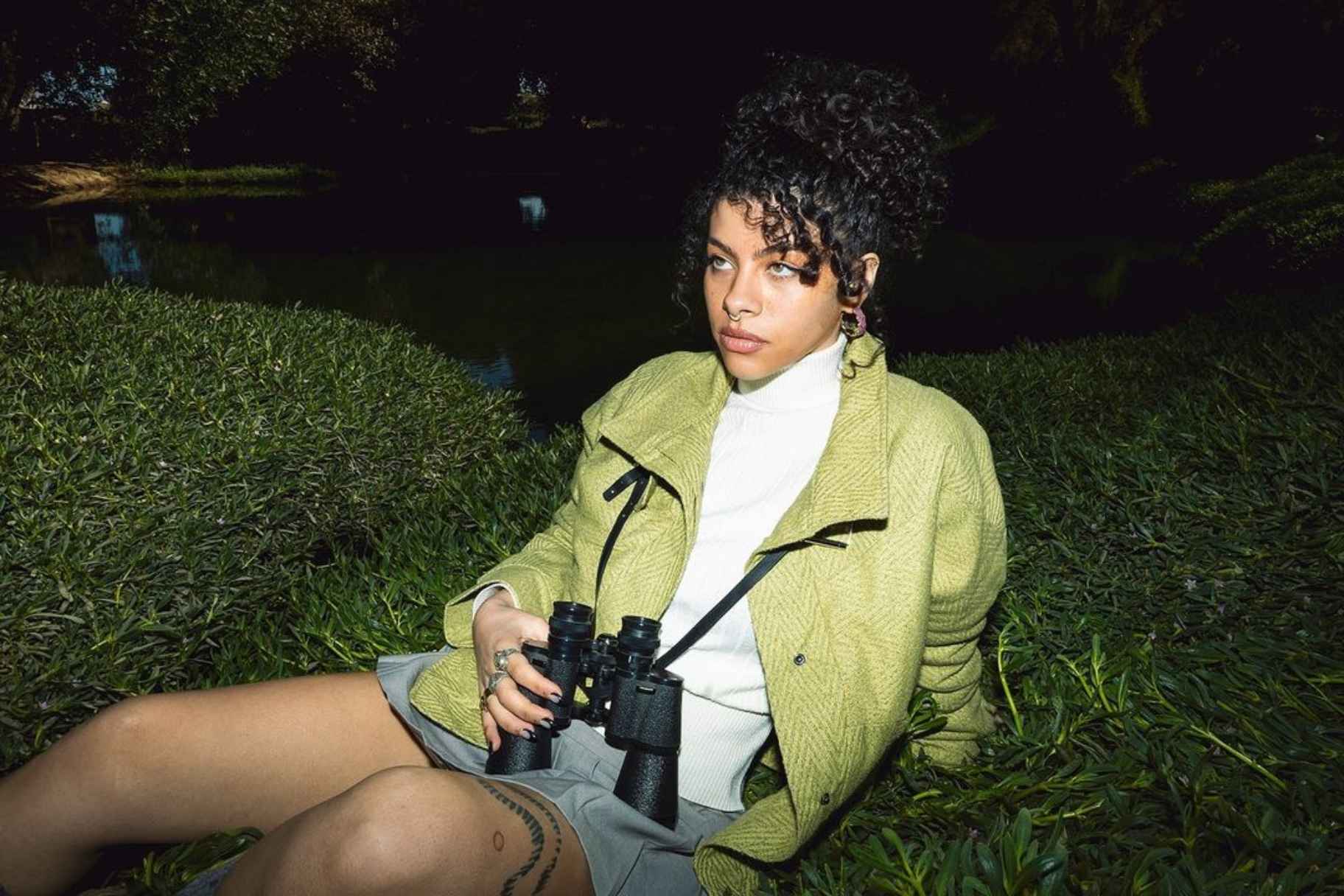 Photo 1: Daar Dalia | Pistachio Jacket
Photo 1: Daar Dalia | Pistachio Jacket
Meshrif emphasises the dire need for such practices. “The fashion industry is one of the most pollution-causing in the world,” she says. “We try to change that by adopting a zero-waste culture.” Leftover fabric scraps are repurposed through partnerships with organisations like the Egypt Clothing Bank, transforming them into mattresses, new pieces, or children’s toys. The company also minimises waste during the pattern-making phase and employs eco-friendly packaging.
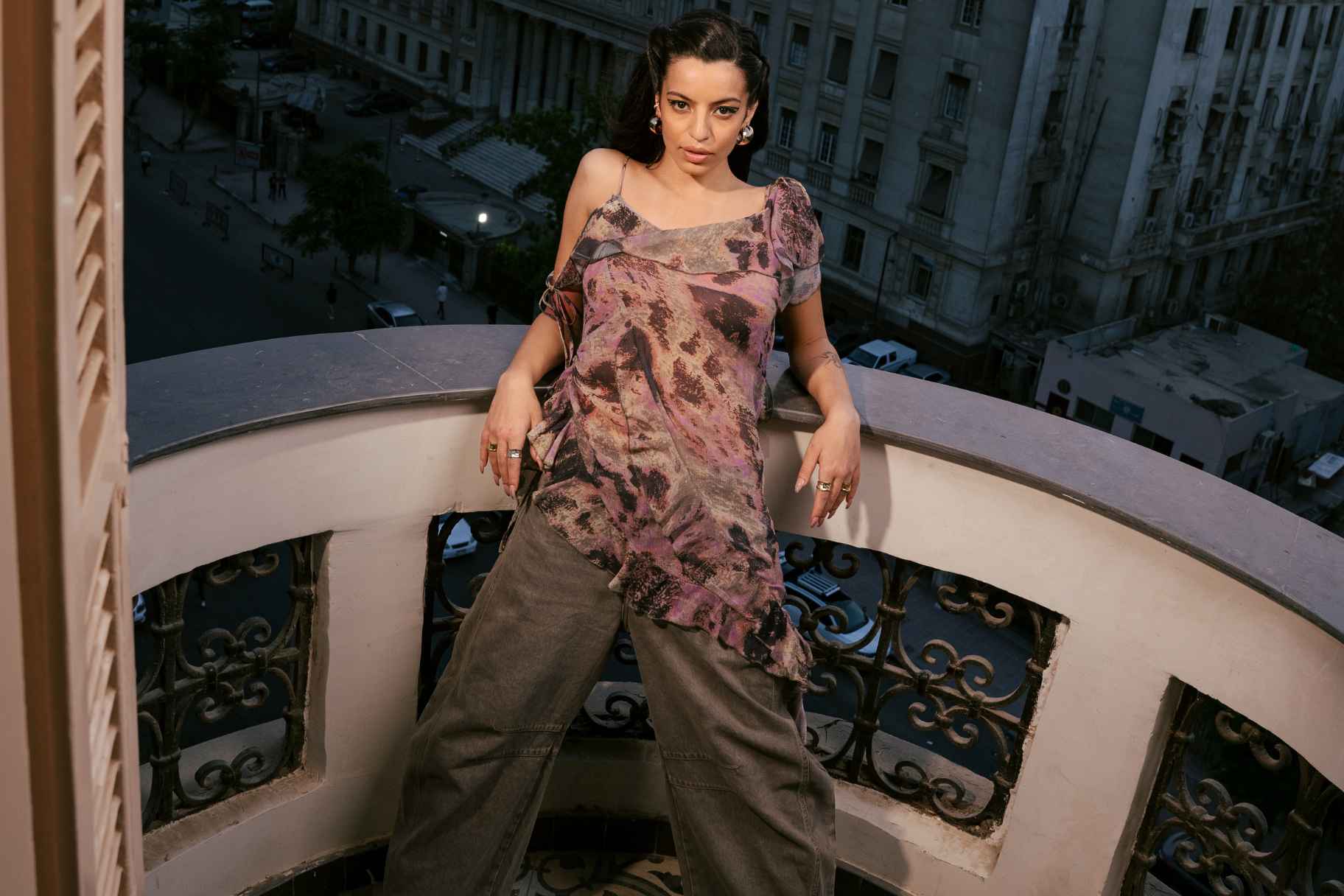 Photo 2: Daar Dalia | Nirvana Top
Photo 2: Daar Dalia | Nirvana Top
Balancing design and material availability remains a significant challenge. “We can pour our hearts into a creation, only to discover the perfect fabric is elusive,” Meshrif shares. Often, the materials themselves spark inspiration. Initially, this presented a “chicken or the egg” dilemma, but the team has learned to make fabric a central element in their design process.
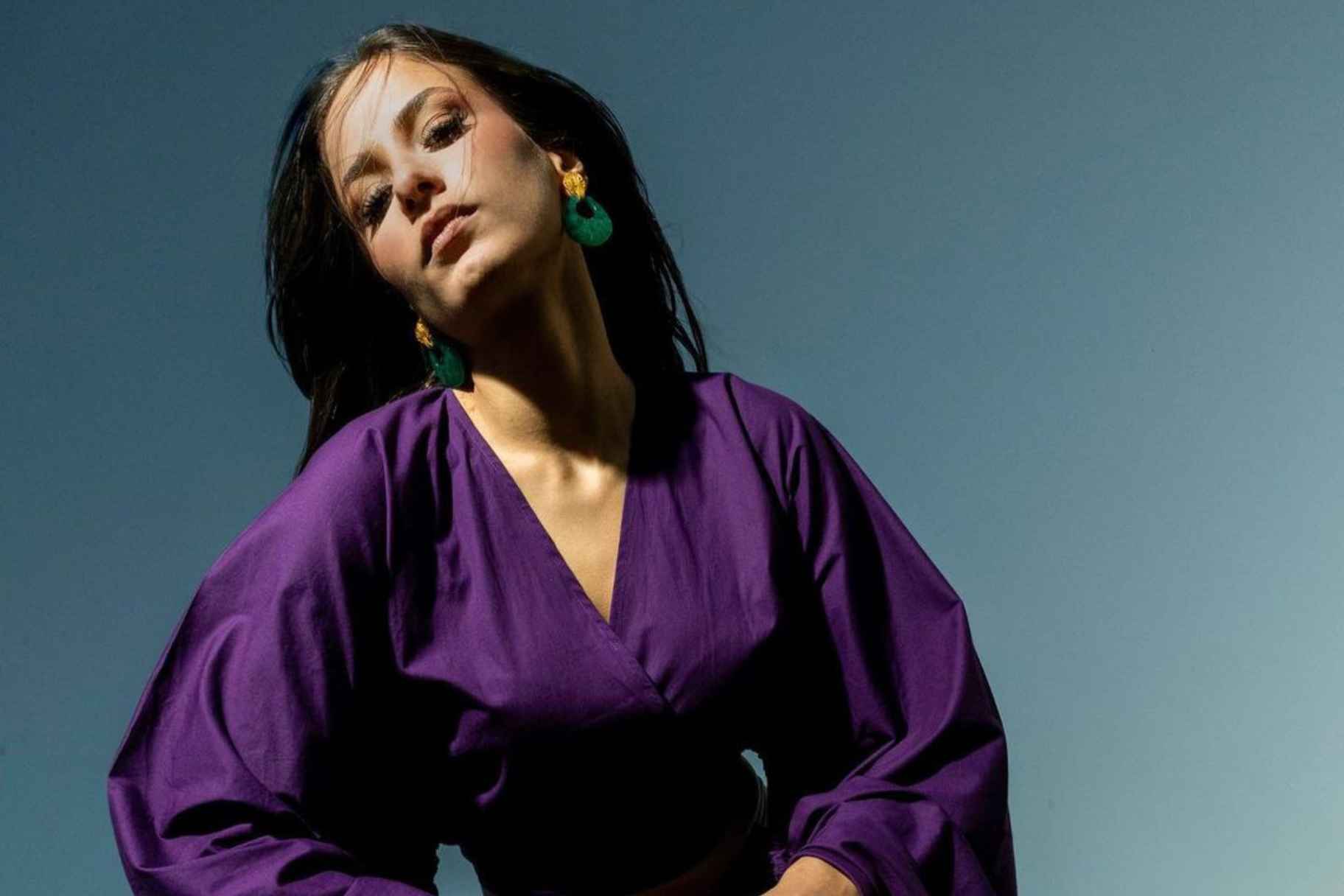 Photo 3: Daar Dalia | High Tide Statement Blouse
Photo 3: Daar Dalia | High Tide Statement Blouse
Their fabric sourcing process begins with expeditions to Egyptian factories known for export-quality materials. They collaborate with a select trio of factories producing biodegradable fabrics such as cotton, wool, and linen. They often work with surplus materials that may have minor defects, which Daar Dahlia transforms into unique design elements rather than discarding them. This approach means their pieces are produced in limited quantities, adding an element of exclusivity. “This method does not work for mass production. It only works in slow fashion,” Meshrif notes. Each design is shared by only a few individuals, ensuring uniqueness. “At Daar Dahlia, we honour the female form,” Meshrif states.
 Photo 4: Daar Dalia
Photo 4: Daar Dalia
Meshrif’s passion for fashion was evident from her childhood, when she spent hours styling and photographing her dolls. After graduating from the School of Applied Arts, she worked in advertising and commercial styling before turning to brand creation during the Covid-19 pandemic. “Covid redirected us to connect with ourselves and focus on what’s important,” she reflects.
She critiques fast fashion for its low quality and increasing prices due to global inflation. Meshrif saw an opportunity to utilise high-quality Egyptian cotton surplus to create affordable, fashion-forward pieces. “Fast fashion is a scam, and we’re focused on timeless, expressive fashion,” she asserts.
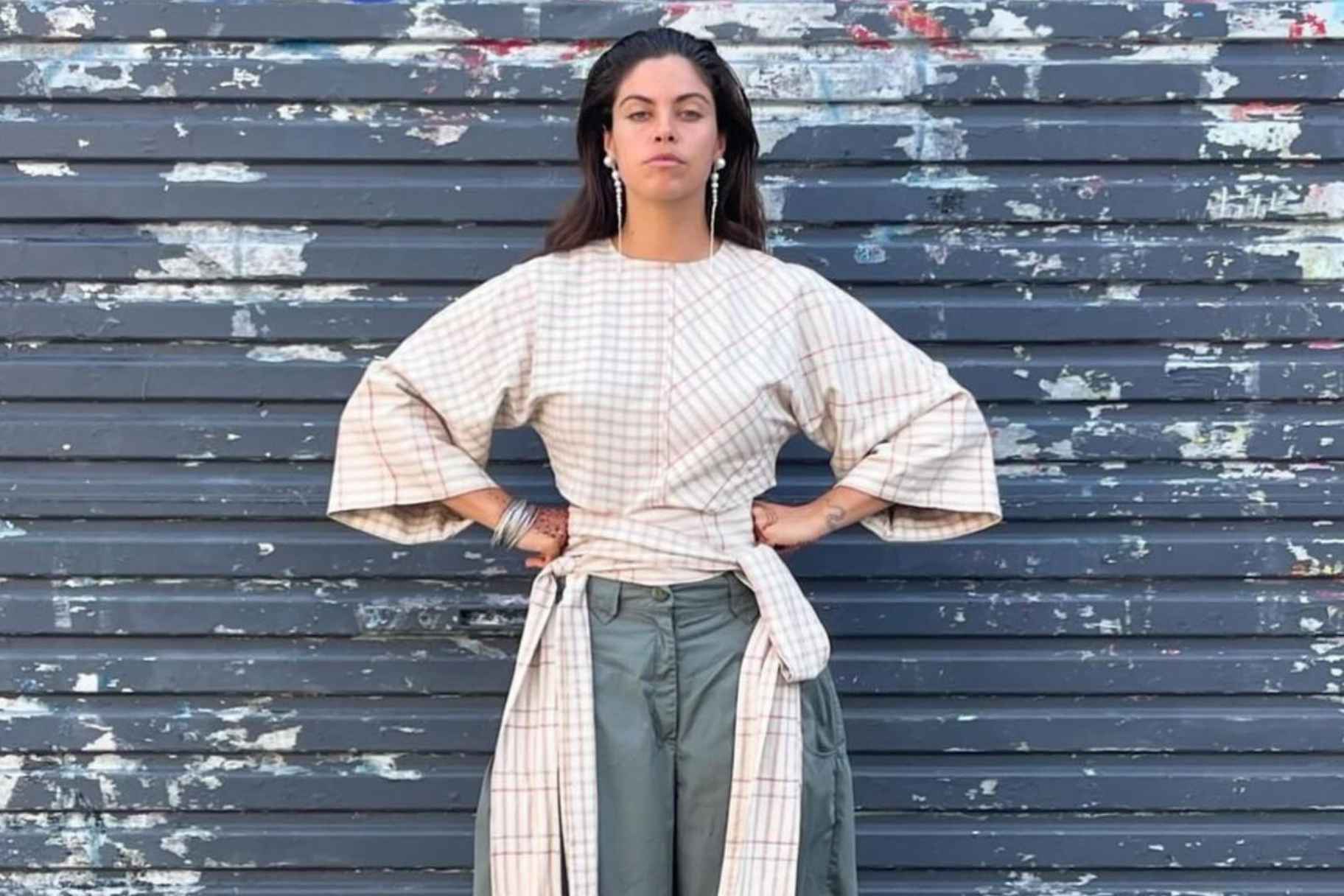 Photo 5: Daar Dalia | Joy Top
Photo 5: Daar Dalia | Joy Top
For Meshrif, the pandemic brought a shift in beliefs and priorities. “Many of us lacked awareness before COVID-19 and were blind consumers,” she says. The lockdown allowed her to reconsider and reprioritize, focusing on quality, sustainability, and true self-expression.
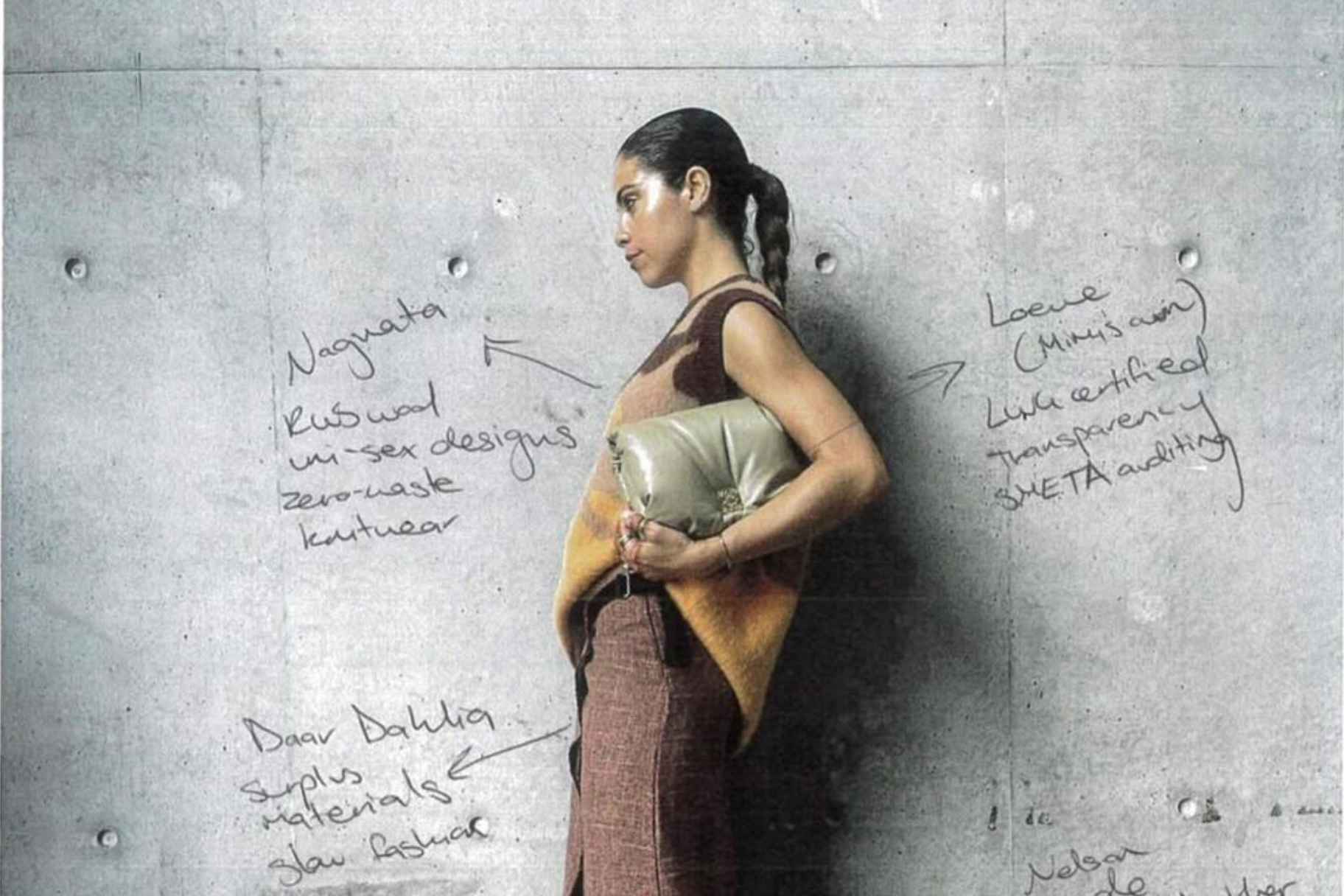 Photo 4: Daar Dalia | Buckle Up Skirt
Photo 4: Daar Dalia | Buckle Up Skirt
“Daar” translates to house or home in Arabic, symbolising a safe haven and community, while “Dahlia” represents love and positive change. With 42 distinct types of Dahlias, the brand reflects the belief that everyone has numerous personas yearning to be expressed. Daar Dahlia’s designs, from the ‘Femme Fatale Top’ to the ‘Farm Girl Top,’ encourage women to explore different facets of their personalities.
Thus, the name Daar Dahlia encapsulates a spirit of timeless fashion and sustainable living.
- Previous Article Nightcomer’s Summer Collection is an Ode to the 'Flower Men of Asir’
- Next Article Monochrome Monday: The Electric Blue Edition

